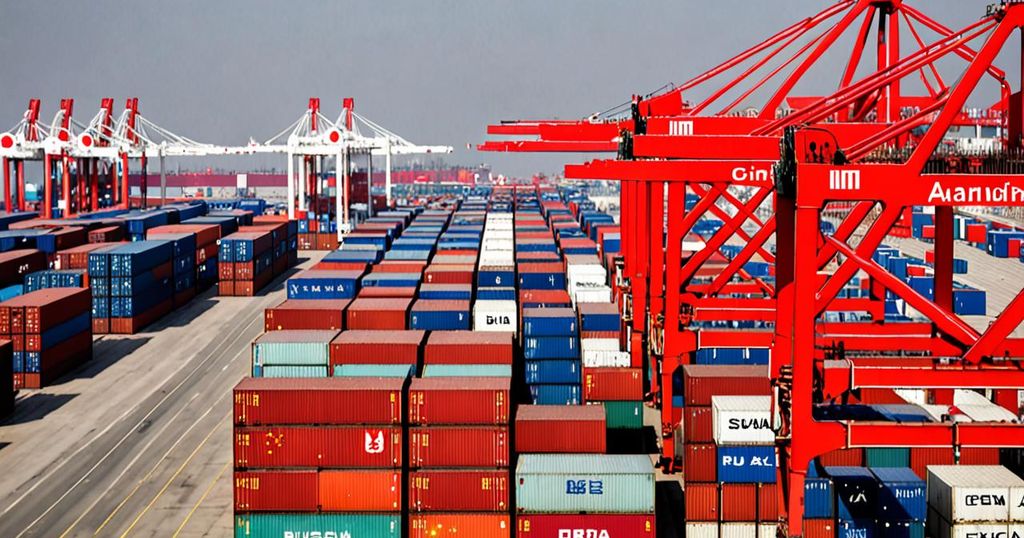China is under pressure to distance itself from Russia, leading to increased scrutiny from banks over Moscow-related transactions, causing delays for Chinese exporters in the Russian market. Here’s what’s happening:
– Chinese banks, especially smaller ones, are closely examining or even stopping Russian transactions.
– Large institutions like Bank of China are still processing payments from Russia but are taking extra time to review each transaction, causing delays for exporters.
– Despite the scrutiny, few Chinese exporters heavily involved in the Russian market are considering leaving due to its profitability.
– Exporters in Zhejiang and Guangdong provinces are being told to switch to the Chinese currency, resulting in delayed payments from Russia.
– Beijing is receiving criticism from the US and EU, so Chinese banks are being cautious to avoid penalties.
Some smaller banks in Zhejiang have declined transactions with Russia since the Labour Day holiday, possibly leading to a grey market for transactions.
Exporters are exploring alternative channels and methods, considering using small banks or digital currencies for payments. Many remain determined to continue trading with Russia despite the risks and challenges.
Small and medium-sized enterprises are likely to bear the brunt of the challenges, lacking contingency plans compared to state-owned enterprises, putting them at risk of potential losses.
The uncertainties from geopolitical tensions are affecting business operations, but many remain resilient and determined to navigate through.
As China’s banks continue to closely monitor Russia-related transactions, the future of Chinese exporters’ dealings with Russia remains uncertain, but they remain hopeful that they will find ways to adapt and continue trading with the lucrative Russian market.



